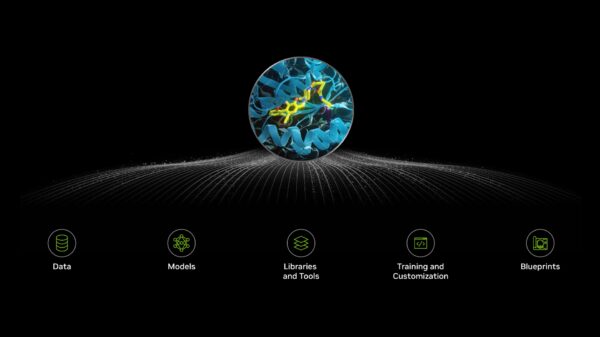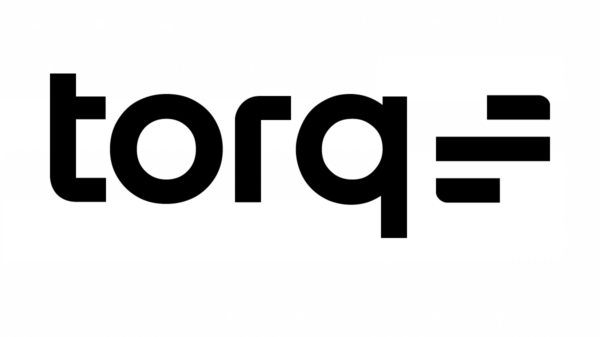Lead paragraph: A recent report from Brain Canada outlines a strategic approach for integrating artificial intelligence (AI) into brain research, positioning Canada to leverage its strengths in both fields. Dr. Viviane Poupon, President and CEO of Brain Canada, emphasizes that world-class scientists are prepared to contribute to transformative advancements in health, innovation, and economic growth. To capitalize on this potential, Brain Canada has proposed an investment of $38.9 million over five years, targeting key components of an interim AI brain research strategy.
Technical Details
The proposed funding will support four main components: US recruitment, dedicated research teams, strategic capacity building, and platform support. Each component aims to enhance Canada’s research capacity in AI and neuroscience, ensuring a holistic approach to brain health solutions. The recruitment aspect focuses on attracting top-tier talent from the US, particularly in light of recent funding cuts in American research institutions.
Dedicated research teams will be formed to facilitate collaboration across disciplines, breaking down funding silos that currently limit interdisciplinary research. This strategic approach aims to allocate grants for 3-5 project-based initiatives that span the spectrum from discovery to implementation, thus fostering innovative AI applications in clinical settings.
Strategic capacity building involves the establishment of 30-40 transdisciplinary fellowships, blending expertise in neuroscience, AI, engineering, ethics, and social sciences. This initiative aims to cultivate a new generation of researchers equipped with the skills necessary for advancing brain science and healthcare solutions.
Finally, the platform support initiative will utilize extensive datasets from Brain Canada’s existing resources, which include biological samples, imaging data, and demographics. These datasets represent a national asset that can facilitate the development of a foundational AI model of the brain, akin to how large language models such as GPT have transformed information processing. The initial phase will include a $5 million investment over two years to support a national proof-of-concept platform.
Research Significance
This comprehensive report articulates the urgent need for AI in brain research, as many current AI models are among our strongest hypotheses for understanding brain functionality. The report indicates that advancements in AI will be crucial for personalized medicine, including predictive modeling for conditions like multiple sclerosis (MS) and bipolar disorder. Such predictive capabilities rely on AI’s ability to analyze complex datasets efficiently.
The report highlights that the next generation of AI models, particularly foundation models, could significantly enhance our understanding of brain functions by removing key bottlenecks in research. However, it underscored that large, multimodal datasets are essential for powering these models, a critical point that may pose challenges if not addressed adequately.
Moreover, the ethical implications surrounding AI in healthcare cannot be understated. As Dr. Poupon points out, the difference between harm and help in AI therapy bots largely depends on our understanding of how these tools affect developing minds. The report stresses the importance of establishing ethical standards, data privacy protections, and equitable access to AI-enabled health innovations.
Context in the AI Research Landscape
Canada’s historical leadership in AI is rooted in its foundational work on natural intelligence, exemplified by Geoffrey Hinton’s Nobel Prize-winning contributions to neural networks inspired by brain architecture. This legacy positions Canada uniquely in the global AI landscape, allowing for a pioneering integration of brain science into AI policy—an endeavor that aligns with the current global push for ethical AI deployment.
Recent federal budget allocations exceeding $900 million over the next five years to bolster Canada’s AI capabilities further underline the government’s commitment to advancing this field. The involvement of the AI Strategy Task Force in renewing Canada’s AI strategy serves as a testament to the nation’s ambition to be at the forefront of AI innovation and application.
As the landscape evolves, Canada is presented with a prime opportunity to enhance its research infrastructure and global collaborations, thereby strengthening its scientific, health, and economic foundations. The report’s call for action aligns with broader trends in AI research, particularly the increasing focus on multidisciplinary approaches that integrate insights from various fields to tackle pressing challenges in healthcare.
In conclusion, Brain Canada’s report outlines a clear path forward for integrating AI into brain research, emphasizing not only the necessity of such an approach but also the urgency with which it needs to be implemented. The combination of targeted investments, interdisciplinary collaboration, and ethical considerations could place Canada at the forefront of AI-driven breakthroughs in brain health.
For more information and a full copy of the consultation report, please visit www.braincanada.ca.
See also NERSC and Dell Launch Doudna, Boosting Scientific Workflows with 10x Performance Gain
NERSC and Dell Launch Doudna, Boosting Scientific Workflows with 10x Performance Gain Nvidia Reports $10B Revenue Growth as Supply Chain Breakthrough Signals AI Demand Surge
Nvidia Reports $10B Revenue Growth as Supply Chain Breakthrough Signals AI Demand Surge SharkNinja Launches AI and Analytics Lab in Partnership with Boston University
SharkNinja Launches AI and Analytics Lab in Partnership with Boston University AI Tool Predicts Civil Unrest in India by Analyzing News Mentions and Events
AI Tool Predicts Civil Unrest in India by Analyzing News Mentions and Events Brown University Launches $20M AI Institute to Revolutionize Mental Health Care
Brown University Launches $20M AI Institute to Revolutionize Mental Health Care


































































